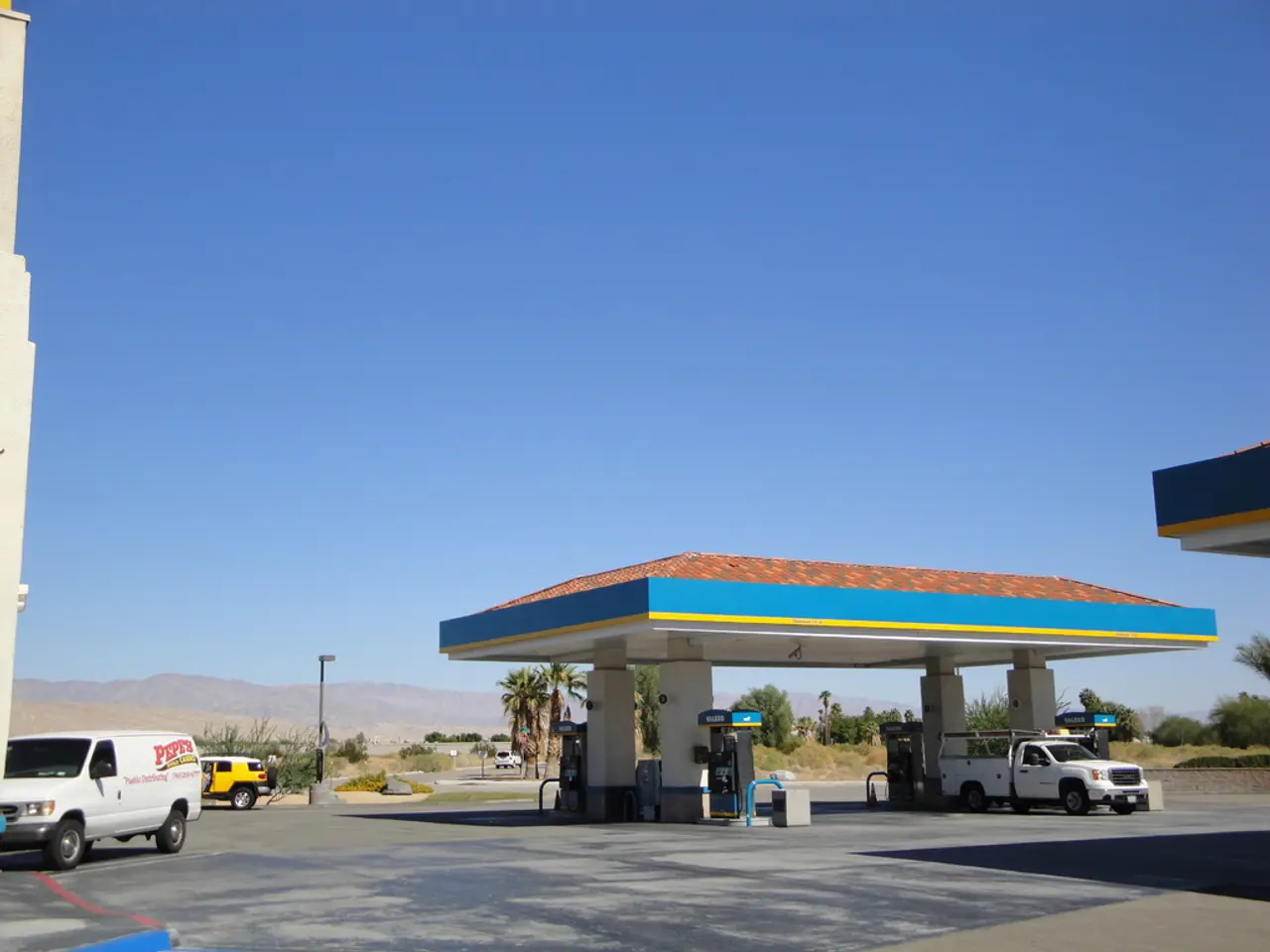British Labour under fire for allegedly pushing UK oil and gas infrastructure towards a precipice as a critical refinery teeters on the verge of collapse.
The Lindsey Oil Refinery, strategically located in north Lincolnshire, has filed for insolvency, putting around 420 jobs at risk and sparking concerns about the UK's energy security and fuel supply[1][4]. Owned by Prax Group since 2021, the refinery has a refining capacity of approximately 113,000 barrels per day[1].
The sudden insolvency comes after a reportedly profitable year for the refinery, with an adjusted EBITDA of $120.4 million and a healthy net debt to equity ratio in 2024[1]. However, the government and Insolvency Service have launched an investigation into the conduct of the refinery’s directors and the circumstances surrounding its failure[1][2][3].
The government's urgent response, including appointing FTI Consulting as special managers and the Insolvency Service’s investigations, reflects the critical nature of the refinery to the national energy infrastructure[1][2][5]. If the Lindsey Oil Refinery closes, Britain will be left with just three major refineries, increasing the country's reliance on imported fuels and exposing it to greater supply risks and price volatility[1][3].
The insolvency follows shortly after the Grangemouth refinery stopped processing oil, further cutting refining capacity in the country[1]. Union leaders at Unite have criticized Labour ministers over their handling of the oil and gas industry and have urged the Government to intervene immediately to protect workers and fuel supplies at the Lindsey oil refinery[2].
The potential loss of hundreds of jobs will also impact the local economy and could lead to wider industrial and supply chain disruptions[4]. General secretary Sharon Graham of Unite has stated that the Lindsey oil refinery is strategically important and urged the Government to take action to protect it[2].
The specific operational and financial causes leading to insolvency have not been fully detailed publicly. However, longstanding problems reported with the company, and Energy Minister Michael Shanks's criticism of the situation, suggest that workers have been badly let down[1].
Overall, the Lindsey Oil Refinery’s insolvency highlights vulnerabilities in the UK’s downstream oil sector, raising concerns about fuel security, industrial employment, and the resilience of Britain’s oil and gas infrastructure. The government is taking steps to manage the fallout and investigate the causes, but the event underscores the fragile state of domestic refining capacity in the UK.
[1] BBC News, "Lindsey Oil Refinery enters insolvency," June 30, 2025,
- The investigation by the government and the Insolvency Service into the Lindsey Oil Refinery's directors and the circumstances surrounding its failure is a direct response to the impact of the refinery's insolvency on the national energy infrastructure, finance, and business.
- If the Lindsey Oil Refinery closes, the energy, oil-and-gas, and policy-and-legislation sectors could be affected, as Britain will be left with only three major refineries, increasing its reliance on imported fuels and exposing it to greater supply risks and price volatility.
- Union leaders in the business and political landscape have criticized the government and urged immediate intervention to protect workers and fuel supplies at the Lindsey oil refinery, citing its strategic importance to the local economy and the broader industry.
- The sudden insolvency of the Lindsey Oil Refinery, despite a reportedly profitable year, highlights vulnerabilities in the UK's downstream oil sector, raising concerns about general news issues such as fuel security, industrial employment, and the resilience of Britain’s oil and gas infrastructure.
- The specific operational and financial causes leading to the Lindsey Oil Refinery's insolvency are not yet fully detailed, but the company's longstanding problems and Energy Minister Michael Shanks's criticism suggest that workers may have been poorly served in the industry.






